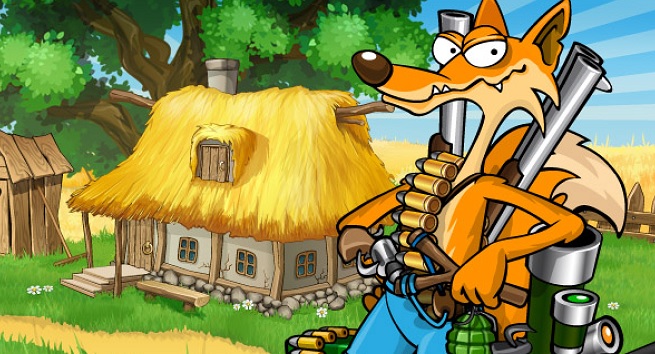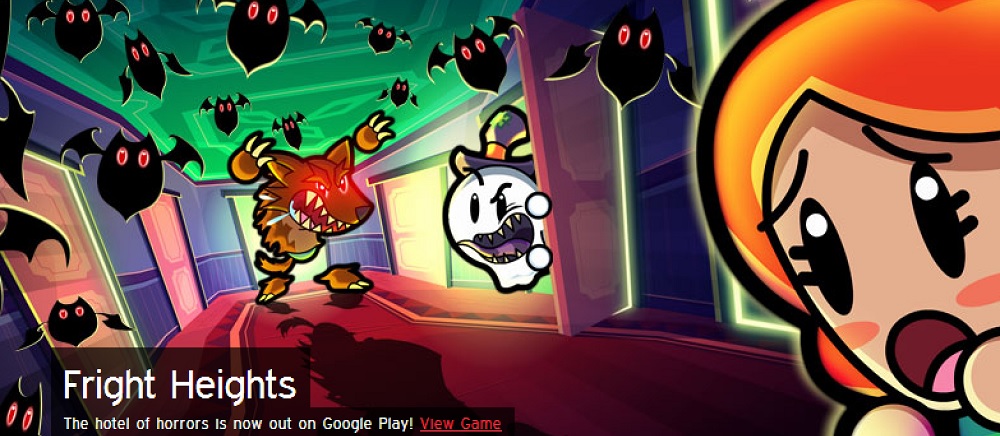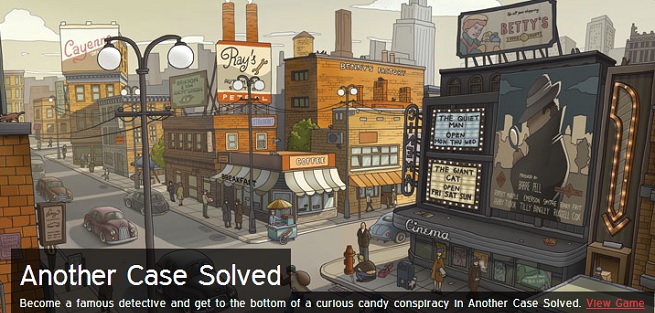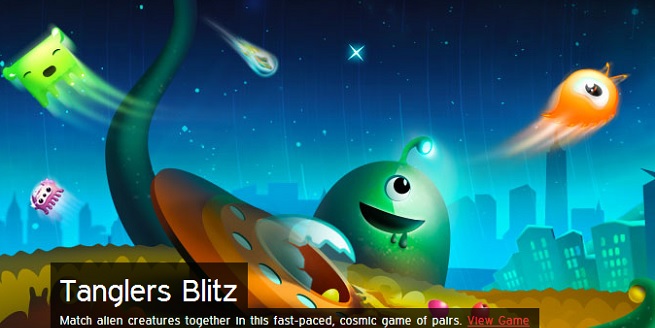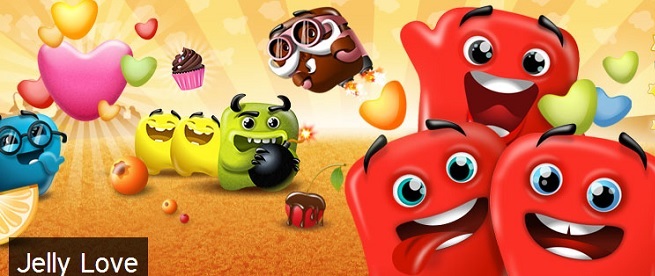Rumley: Localization is important. There’s two levels to it. One, localization in terms of content, and then localization of languages. At Chillingo, we spend a bit of time on localization of actual text, making sure it’s relevant to key markets, but outside of that, we support developers how we can.
GamesBeat: Does that tend to be an attraction that draws in developers? Because they don’t have the resources for that?
Rumley: I wouldn’t say it’s a primary reason why developers join us. That would be something that comes in the very final stages of development. They’ll be working with our producers and graphic artists for several months before we get to a discussion of localization of text. Hopefully our appeal is far greater than that.
GamesBeat: What does it take to make hits these days?
Rumley: It’s a good question. Ultimately I’d say it’s an art form. You have to stand out. A huge volume of games goes through the App Store every month. Once upon a time, if you looked at the pay-per-download market, it was good enough to just be a great game. Unfortunately that’s not enough anymore. It has to be a great game, and it has to have the opportunity to monetize.
As we’re publishing fewer games, we’re turning good quality games down, because we know we’re not going to have an opportunity to monetize. Learning to balance across both of those factors is very difficult without experience. That’s what Chillingo is saying we have, because we continue to demonstrate it.
GamesBeat: What regions of the world are hot right now, in terms of app developers?
Rumley: Without a doubt, we’re seeing a big play come from the Asian markets. I’d say the hottest country for us right now is China. We have a very successful game there called Iron Force, a player-versus-player tank game. It’s doing well in countries like Russia, America, and China. It’s based on a service. I believe that’s the foundation of development there. The developers in that country get MMOs, they get service. It’s almost like breathing to them. They’re making very high-quality content.
GamesBeat: I’m still amazed to see the breadth of different creative styles out there. We mentioned Flappy Bird. I talked to the Wargaming CEO about World of Tanks on mobile, and they’ve been polishing this game for a while. They now have 3,000 employees, and I kind of joked around with him — you have 3,000 employees and you can’t ship one mobile game? It’s interesting to see this contrast.
Rumley: We’ve worked with several console developers in the past. There’s a difference between making very high-quality PC or console games and moving into the world of mobile. If you don’t have that experience, you can struggle. Clearly not everyone will struggle, but lots of companies will. It’s a very different skill set.
GamesBeat: How do you perceive the success of brands in general and whether they’ll be more successful in the future?
Rumley: Brands are important. They’re important from a user acquisition perspective, but I believe Chillingo has demonstrated that we can take unknown indie content and make it famous. That’s our job. We want to make an indie developer famous. The market is challenging, but so long as you line everything up — don’t rush, continue to polish your game, soft launch it correctly — and go out with a 100 percent completed product, there will always be room for new brands.
GamesBeat: Are you happy with the state of the platforms now? Are there things you still need from them?
Rumley: I’m very happy with the state of mobile right now. Anyone who’s in the world of mobile probably loves it. If you’re having success — It’s an incredibly competitive platform, far more so than any other I’ve had the experience of working on. It’s the sheer volume of content there, and the fast pace of business models and consumer appeals. But it’s a great platform.
GamesBeat: There are still a lot of console companies that seem to be making the leap into mobile. Do you think that more and more of that is bound to happen, that bigger and bigger game companies are going to move into mobile?
Rumley: I’d be surprised if there were any console companies out there, console developers, that aren’t looking at the world of mobile right now. In terms of platform owners, I wouldn’t know, but in terms of console developers, absolutely. I’d be surprised if they’re not.
GamesBeat: The thing that’s always puzzling to me is how easy some companies make it look as far as succeeding in mobile, and then how hard it is for other companies.
Rumley: It’s not very easy to comment on the companies that have failed, because they’re just invisible. What you may not realize is the amount of work and effort and experience and everything that’s gone into a game to make it successful. I look at the level of depth we’ve built Chillingo for our developers. There’s no stone left unturned. We can spend months looking at a single icon, months looking at product descriptions. We have to deliver a certain attention to detail at every stage of the process until we manufacture a hit.
GamesBeat: How would you say you’ve done over the years? What has been Chillingo’s best year?
Rumley: I would say the last year has been extremely successful for us. We’ve had a lot of strong launches, such as Iron Force. Over the last few months we’ve had a number of successful editor’s choices in the United States — Another Case Solved, Modern Command, Feed Me Oil, Fightback. We have some great games there, and they’ve all been recognized.
Our biggest shift internally has been reinventing the business, reinventing ourselves from a pay-per-download business to a free-to-play business.
GamesBeat: I know that some observers of the industry are expecting a lot of changes to free-to-play happening over time, as regulators come in and curtail certain practices. There’s a certain Wild West quality about the industry still. What’s your view on that? Is the regulation of virtual goods is a sure thing?
Rumley: The free-to-play market is continuously evolving. At companies like Chillingo, we stay very close to legislation and keep an eye on it. We’ll stay one step ahead, making sure everything we do is correct.
GamesBeat: What do you think of the Amazon Fire TV for gaming? Will he make games for it?
Rumley: It is always exciting to see new products that deliver new ways to play. EA and Chillingo are constantly exploring how to bring our games to more players, and we look forward to continuing work with our great partners at Amazon.
GamesBeat: And what are the chances that Android micro consoles will disrupt console games in the living room?
Rumley: It’s too early to say, but I do believe that new ways to play only help drive game innovation. That’s good for our developers and good for fans.
VentureBeat's mission is to be a digital town square for technical decision-makers to gain knowledge about transformative enterprise technology and transact. Learn More
